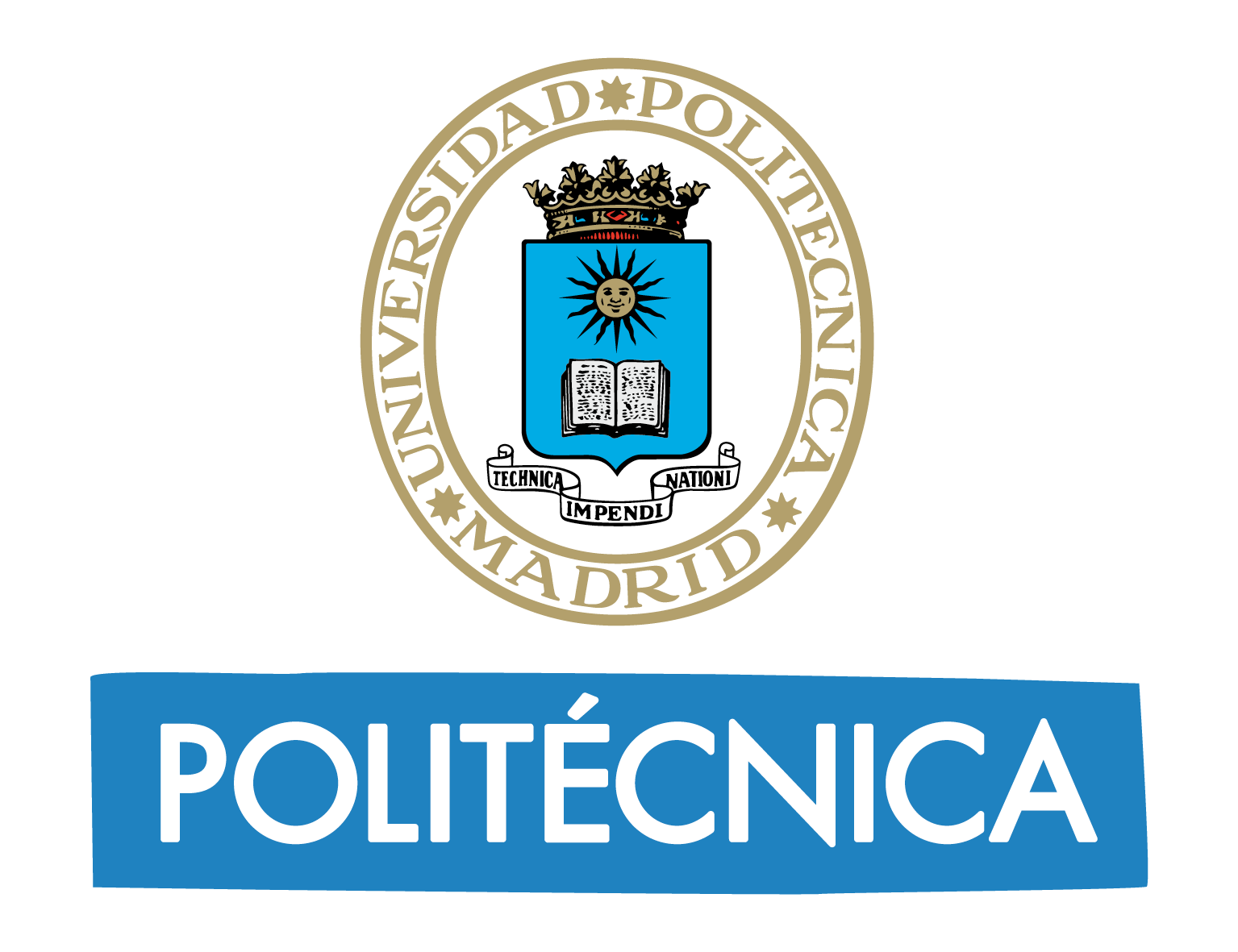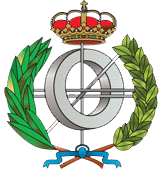Open innovation, Strategic Management and Entrepreneurship
- LECTURER: Claudio Feijóo
- AFFILIATION: ETSIInf – UPM
Outline
After completing the seminar, students are expected to understand and be able to use a number of very practical methods to manage innovative and entrepreneurial projects and performance indicators as part of a company or organisation strategy.
The seminar subject departs from the idea that the new methods originated in the entrepreneurial arena in the last decade can be extremely useful for managers as they allow to understand the customer better and from the start, rapidly adapting any theoretical project to realistic metrics, acknowledging the fact that innovation and business models are created in a learning process, and that innovation can be “engineered” to increase the chances of success of any organisation.
From a strategic perspective, organisations need to use new approaches to innovation and entrepreneurship to guarantee their competitive advantages in the mid to long term. Open innovation schemes or lean approaches to customers have become key elements of a renewed strategic management.
The seminar includes an introduction to a revisited strategic management, focusing on the increasingly relevant role of innovation and entrepreneurship. From here a number of cases and projects will be selected for the students to team work on them. All the projects will loosely follow the lean approach to innovation using methodologies such as creative thinking, value creation, ecosystem analysis, business model canvas and lean startup. The course will emphasise the practical side of the tools and will introduce related key concepts on the innovation / entrepreneurial ecosystems with a particular focus on software engineering and related domains.
Syllabus
This is a tentative programme. The topics are indicative. Program might be modified depending on the interest of students about the subjects covered, on the level and depth of the discussion.
- Session 1
- Introduction to the course. Presentation of students (background and motivation).
- Program, assignments, and evaluation.
- The increasing relevance of innovation.
- What it is strategy? How to study strategy? The evolution of strategy. Economic foundations of strategy. The role of innovation and entrepreneurship in strategy.
- Session 2
- Economies of scale and scope. The learning curve. Diversification.
- Value network. Make vs. buy. Integration
- The role of innovation. Types of innovation. Open innovation.
- Idea market.
- Team setting and assignment.
- Session 3
- Entrepreneurship: concepts.
- Strategic positioning. Competitive advantage. Value creation.
- DNA of a project. Value proposition canvas.
- Testing & experimenting. Customer development. Validated learning. Minimum viable product. Product-market fit. Experiment board.
- Session 4
- Business and lean model canvas in a strategic setting. Tools and methodologies for high-risk, high-uncertainty environments.
- Pitch deck.
Assessment Method
The evaluation will be based on the teamwork. Teamwork (including report / pitch deck / presentation during classes): 80%; Contributions / Attendance during classes: 20%.
The criteria for evaluation will be: Understanding of the concepts explained, Ability to apply them in an actual strategic setting, Contributions to discussion, Thinking outside the box.
Recommended Reading
In addition to specific documentation for the sessions, there are a number of selected references:
- Mahoney, J. T. (2005). Economic Foundations of Strategy, Sage Publications.
- Osterwalder, A., Pigneur, Y., Clark, T. (2010). Business model generation: A handbook for visionaries, game changers, and challengers. Hoboken. NJ: Wiley.
- Blank, S., Dorf, B. (2012). The startup owner´s manual. K&S; Ranch.
- Ries, E. (2011). The lean startup: How today´s entrepreneurs use continuous innovation to create radically successful businesses. Random House LLC.
- Besanko, D., Dranove, D., Shanley, M., Schaefer, S. (2017). Economics of strategy. Wiley.
- Bossidy, L., CharanExecution, R. (2011). The Discipline of Getting Things Done, Random House.
- Bromley, P. (2005). The Behavioural Foundations of Strategic Management, Blackwell Publishing.
- Chesbrough, H. (2020). Open innovation results. Going beyond the hype and getting down to business. Oxford: Oxford University Press.
- Johnson, G., Whittington, R., Scholes, K., Angwin, D., Regneur, P. (2017). Exploring Strategy, Text and Cases, Pearson.
Timetable
- 16 March, 19:00-21:00
- 23 March, 19:00-21:00
- 20 April, 19:00-21:00
- 25 April, 19:00-21:00
Lecture Theatre
- A-6205 / on-line
Tuition Language
English.


